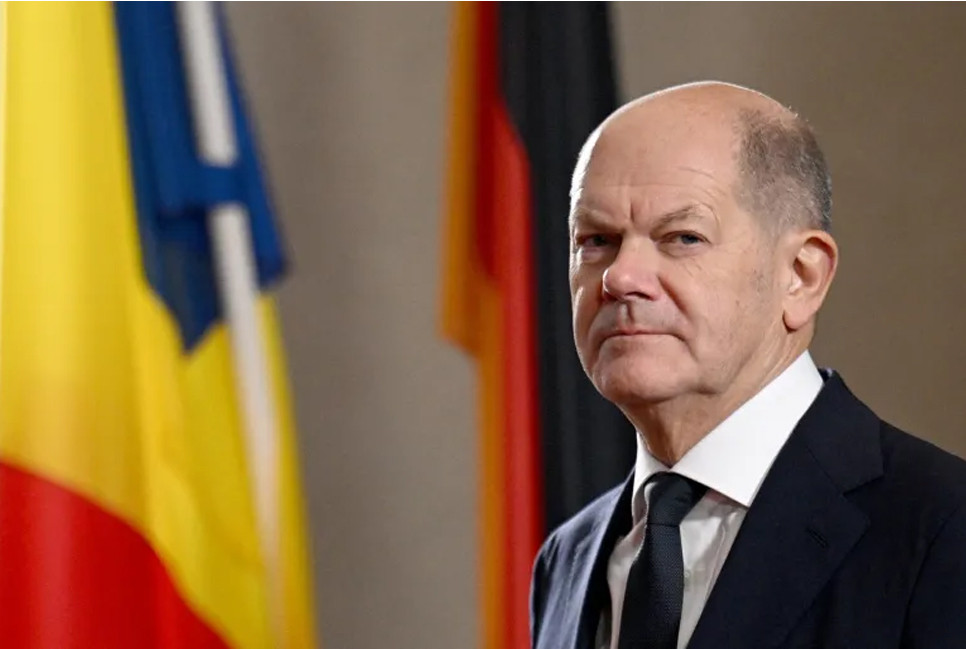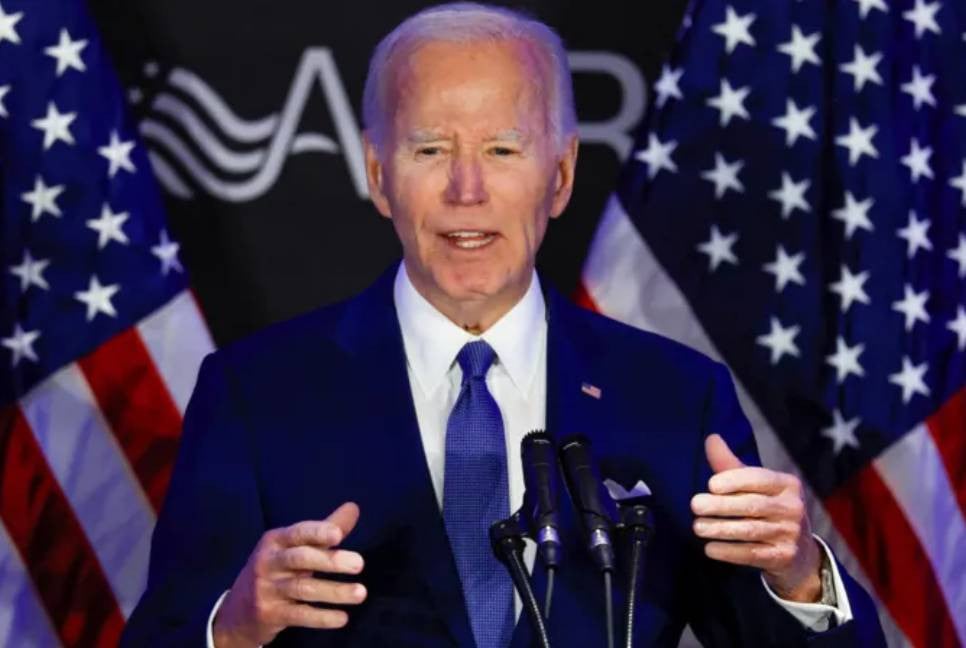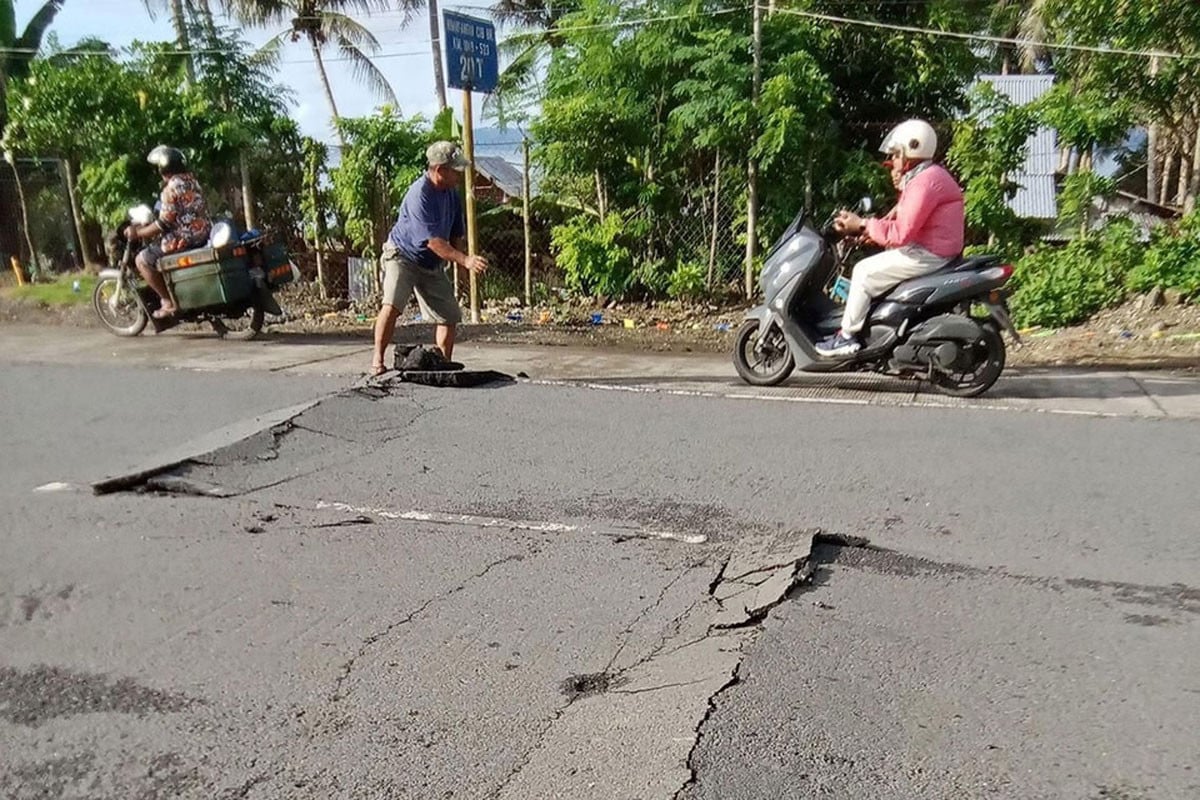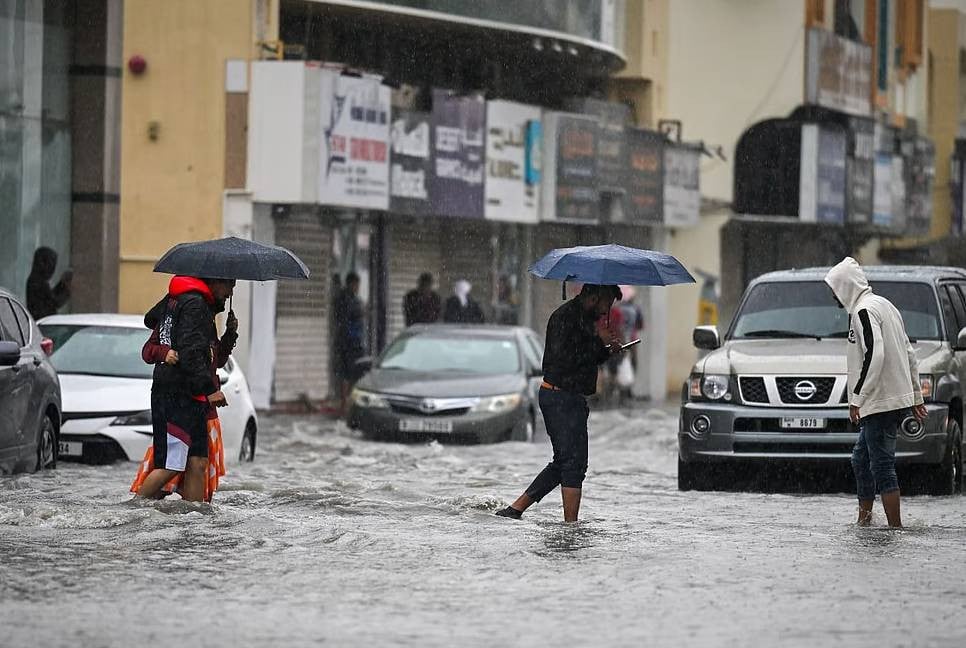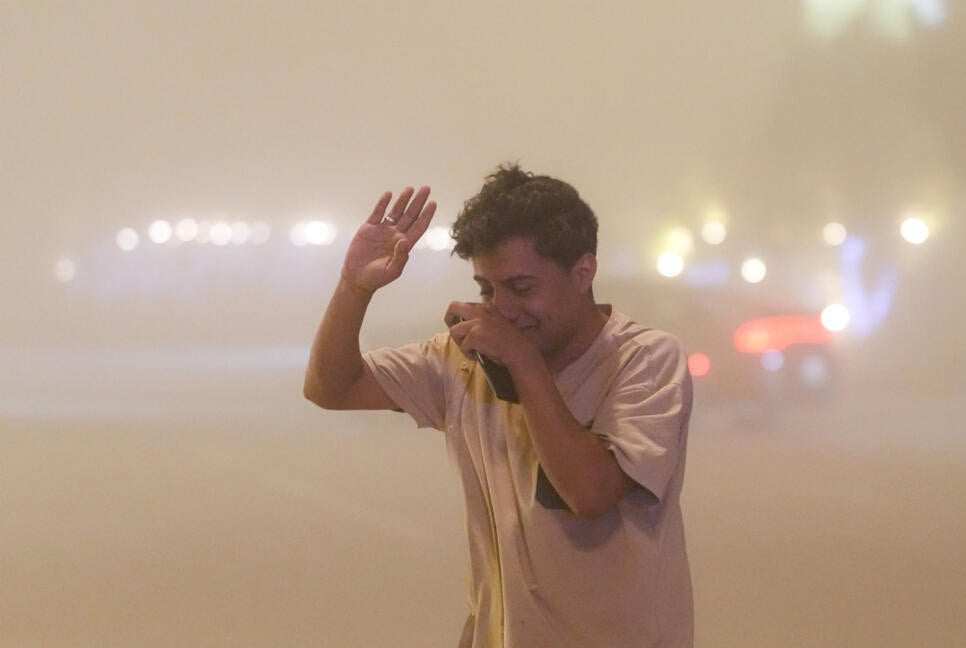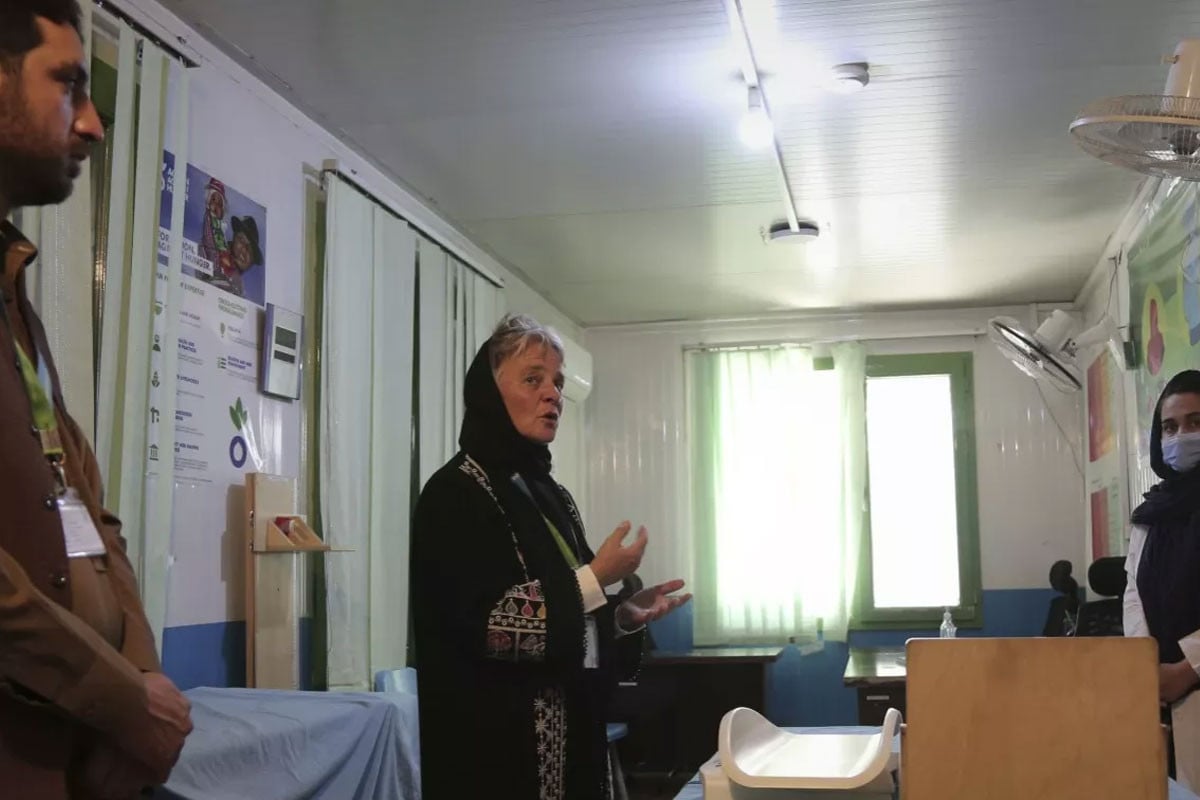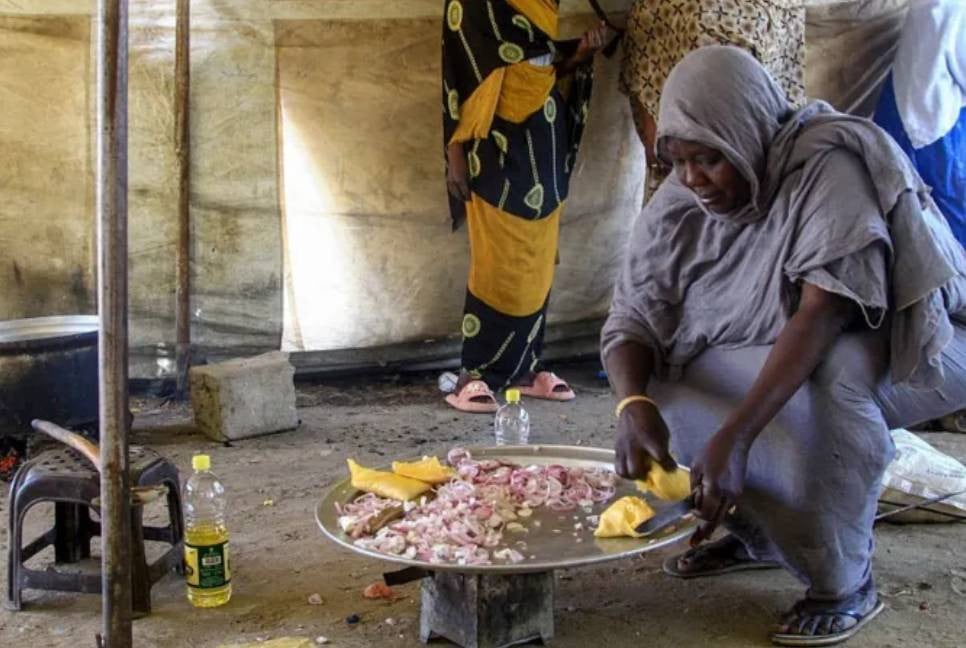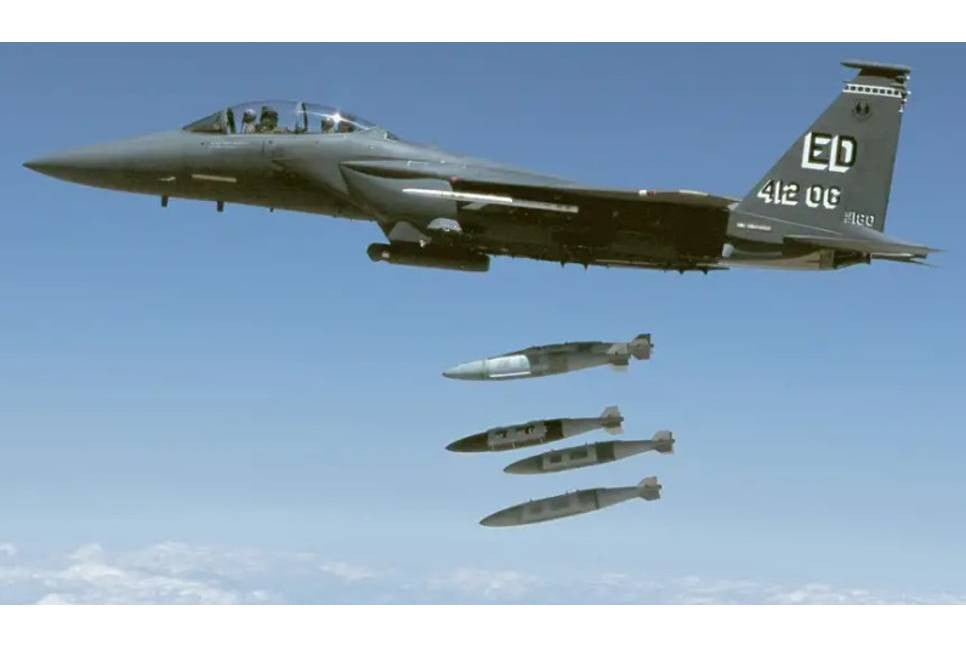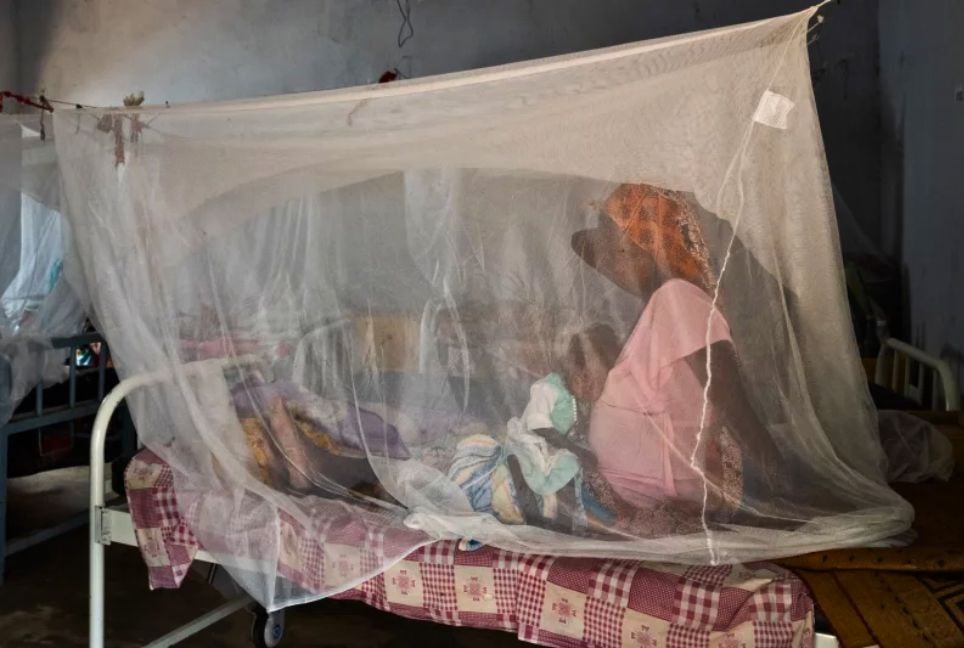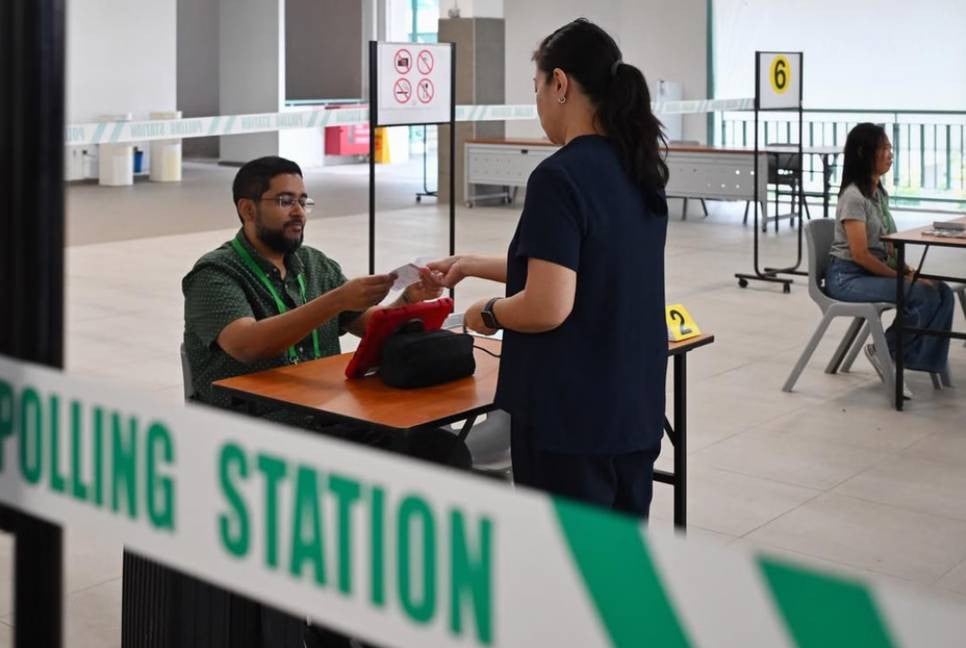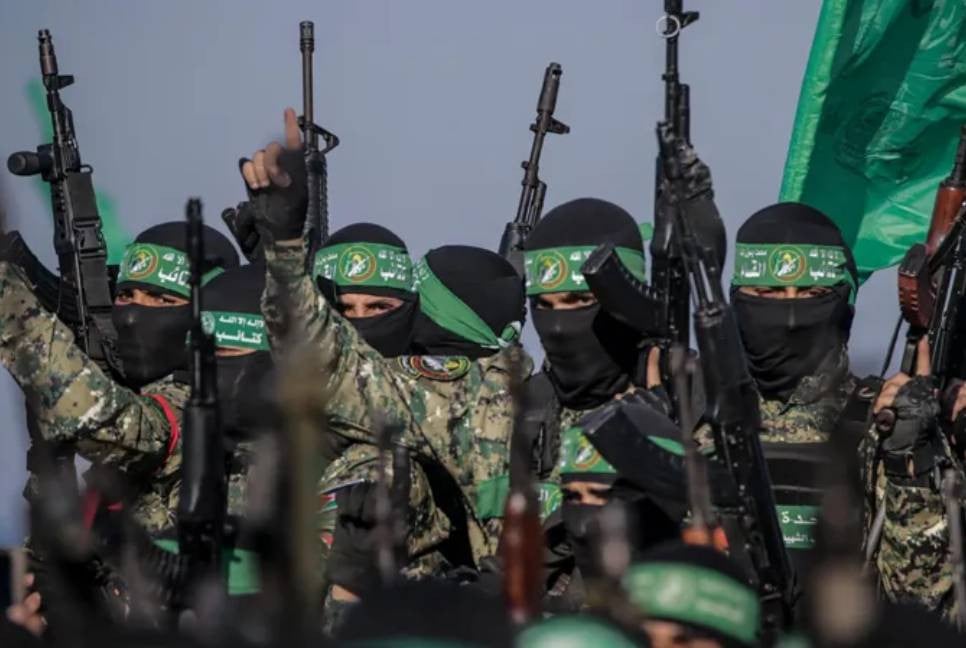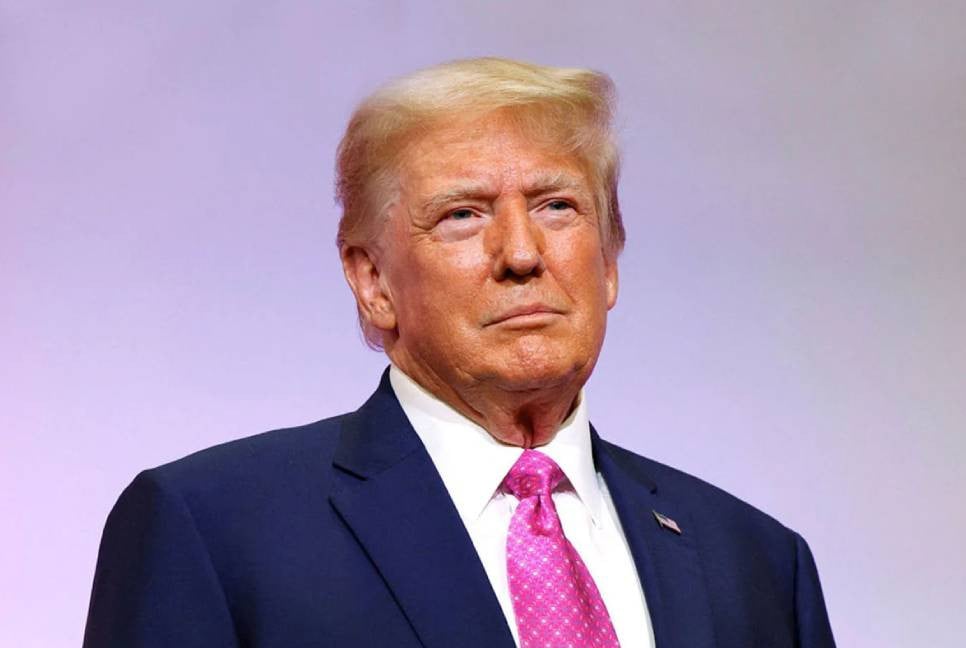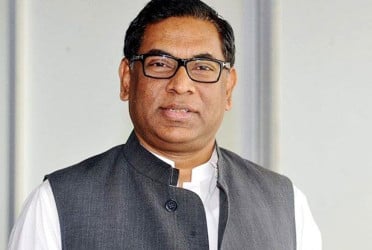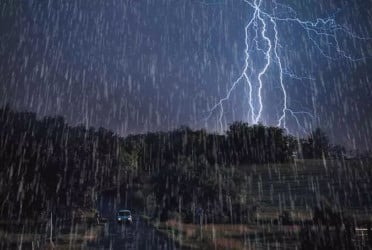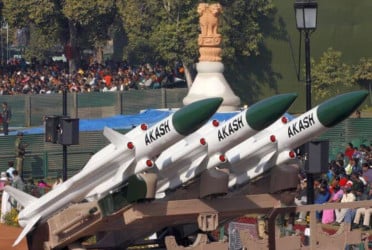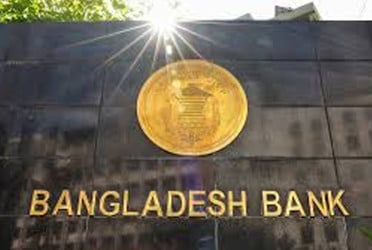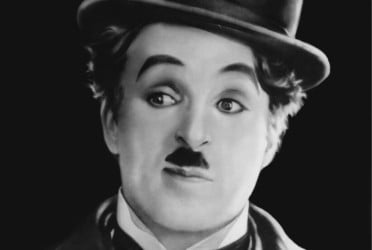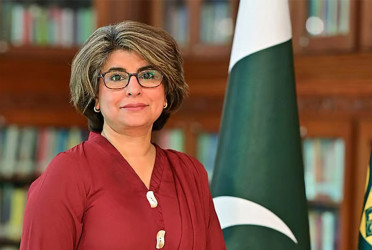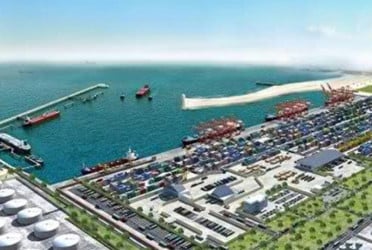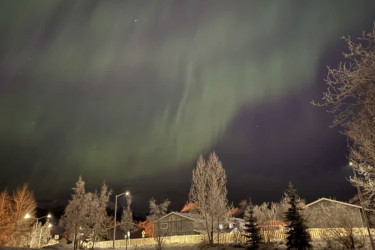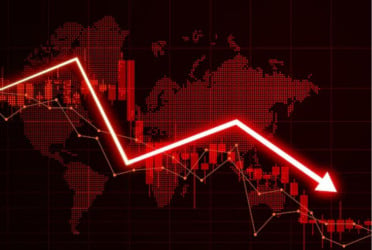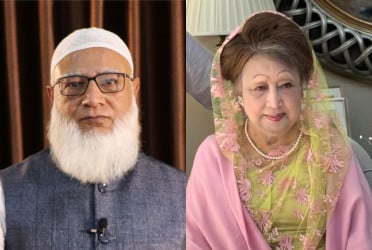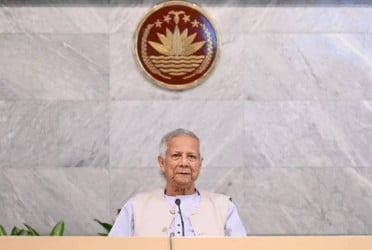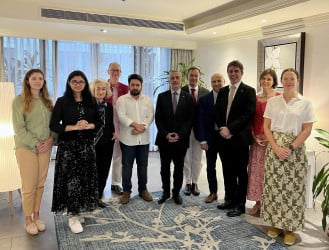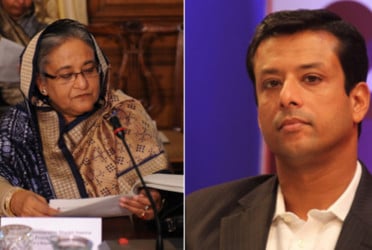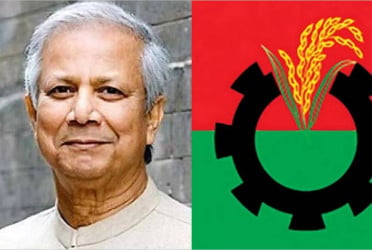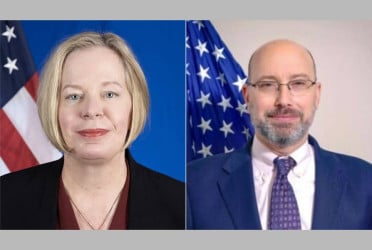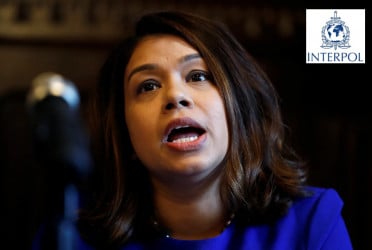The leaders of Russia and Germany held their first conversation in nearly two years as Western nations brace for the incoming Trump administration, which has signaled its intent to bring an end to the war in Ukraine.
German Chancellor Olaf Scholz initiated a phone call with Russian President Vladimir Putin on Friday. The discussion, which lasted about an hour, focused on various aspects of the ongoing conflict in Ukraine.
Chancellor Olaf Scholz, who is facing a snap election in February following the collapse of his government coalition, urged Russian President Vladimir Putin to engage in negotiations with Ukraine to achieve a “just and lasting peace,” according to a statement from government spokesperson Steffen Hebestreit.
Scholz also reiterated Germany's commitment to supporting Ukraine “for as long as necessary,” condemned Russia’s attacks on Ukrainian infrastructure, and warned that the deployment of thousands of North Korean soldiers on Russian soil to counter Ukraine’s offensive on Kursk would represent a significant escalation.
Putin stated that the ongoing crisis is a direct consequence of NATO’s aggressive policies, describing the conversation with Scholz as “a detailed and frank exchange of opinions,” according to the Kremlin.
“Possible agreements must take into account the interests of the Russian Federation in the area of security, proceed from new territorial realities, and most importantly, eliminate the root causes of the conflict,” the Russian president said.
Putin and Scholz also reportedly discussed bilateral relations, with the Russian president stating that Moscow remains open to “mutually beneficial cooperation,” including in energy trade, provided Berlin shares the same perspective.
The call comes at a challenging time for Ukraine’s military, with Russian forces making advances in several areas of eastern Ukraine. The potential re-election of Donald Trump as U.S. president also raises concerns about the future of U.S. aid to Kyiv.
Ukrainian President Volodymyr Zelenskiy criticized the call, saying it opened "Pandora’s box" by weakening efforts to isolate the Russian leader. “Now there may be other conversations, other calls. Just a lot of words. And this is exactly what Putin has long wanted: it is extremely important for him to weaken his isolation,” Zelenskyy said in his evening address.
Scholz spoke with Ukrainian President Volodymyr Zelenskyy both before and after his call with Putin.
Al Jazeera's Dominic Kane, reporting from Berlin, noted that the call is being largely viewed in the context of Donald Trump’s potential re-election and the upcoming election in Germany.
“The suggestion coming from various media outlets is that this is to be viewed through the prism of what’s happening in Washington, DC and the approach from the looming Donald Trump administration,” Kane said.
"Another point is that there’s going to be a general election in Germany, 100 days from today. The war in Ukraine is a growing issue. Many people in this country, particularly in the old east, want an end to the war in Ukraine and specifically an end to Germany financing and arming the Ukrainians," Kane explained.
President-elect Donald Trump has claimed he will bring an end to the war in Ukraine, although he has not provided specific details. Vice President-elect JD Vance has suggested that a second Trump administration would support allowing Russia to retain the Ukrainian territories it has seized during the conflict.
The outgoing Biden administration has indicated it will bolster its support for Ukraine before leaving the White House in January.
The phone call between the Russian and German leaders comes as intense fighting persists in eastern Ukraine, where Russian forces have made incremental advances in recent months.
Meanwhile, the Russian military continues to launch air strikes on both military and civilian infrastructure in Ukraine, with one of its latest attacks on Friday targeting a residential building and a boiler plant in Odesa.
(Source: Al-JAZEERA)
BD-Pratidin English/Mazdud

